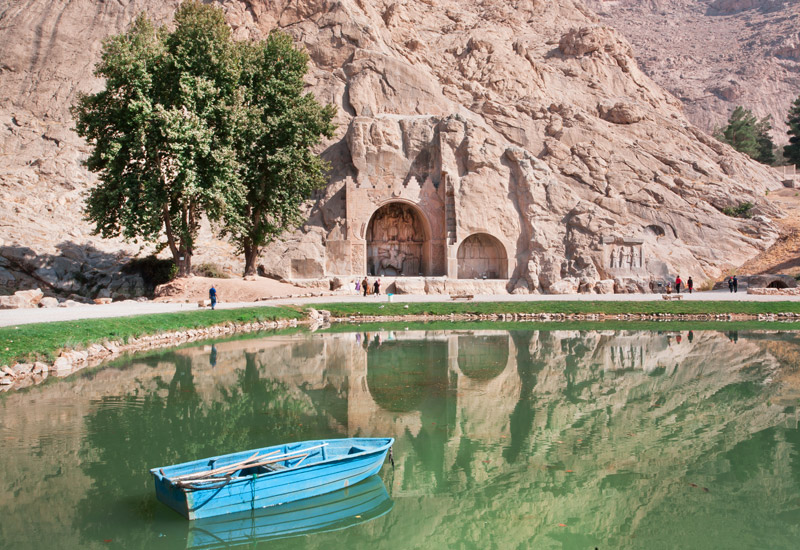Iran is getting a lot of attention on a global scale; following sanctions being lifted from the country, several business opportunities have emerged, with hospitality coming under scrutiny.
Local Iranian businesses are now able to usher in a new era of trade relations, and attract investment opportunities. At a roundtable held by law firm CMS in conjunction with Colliers in Dubai, 50-year-old Iran Travel and Tourism Company’s managing director Mohsen Gharib presented several opportunities within the country’s tourism sector.
“Last year we welcomed four million visitors. The vision is to increase that number to 20 million in the next 10 years (by 2025). We foresee a requirement of 400 new hotels that need to be built in Iran in the coming decade to meet that goal,” Gharib said. Sources have revealed to Hotelier Middle East that Iran currently has between 700-900 operating hotels, albeit no official figure exists.
“Along with Tehran, European tourists frequently visit Shemshak; Arabian tourists like to visit the Caspian coast and Mashhad attracts religious tourists. Whereas Persepolis is steeped in Iranian history as is the Ali-Sadr water cave. AccorHotels is the first company to recognise this opportunity having opened two hotels near the Tehran international airport,” added Gharib, whose company owns 60 hotels across Iran.

| Advertisement |
Christophe Landais, AccorHotel’s former Middle East COO for 15 years, was given charge of Iran’s development, and is now at the helm of operations in Tehran.
He said: “Iran has suddenly become the first choice for tourists and investors. We [Accor] have been observing the Iranian market for the last 12 years, and recently opened two hotels near the airport under the Ibis and Novotel brand names. We feel we can develop a large portion of the 400-odd hotels that’s required in the country.”
He added: “Quality hotels are lacking at the moment in Iran. Yes, there are five-star hotels, but they are not up to the mark of global standards, which is also the case with two-and three-star properties. That’s the reason we started with the Ibis and Novotel brands in Tehran.”
“Moreover, apart from Tehran there are a few key cities that are in immediate need of quality hotels. 25 million people are going through Mashhad to visit the holy shrine at the moment, but the official government statistic are much more,” Landais added.
He further predicted that many more mid-market hotels will go live.
However, raising finance is a crucial aspect in sanction-free Iran. A task that is not always an easy one, as destination management company Destinia found out. “We have noticed that the Iranian market is very different to other markets in the Middle East, which we were already familiar with. And investments require to follow a complex bureaucratic process and things don’t always move as quickly as we would like,” said Destinia Iran manager Saleh Zand.
Zand told Hotelier Middle East that the removal of sanctions did not have any direct bearing on operations: “It doesn’t affect us directly, but it definitely feels like things are moving in the right direction without any u-turns. It goes without saying that the lifting of the sanctions will be great for the country and its future development.”
Finance will be a crucial aspect in defining investors’ interests in the country, and not just in the hospitality sector, but across all industries. Arjan Capital senior partner Nicholas Masoud Gilani said: “In theory, the barriers to borrow money vanished with the lifting of the sanctions. But the reality is that it will take some time with funding mostly coming from second-tier banks. ROI is around 20% at this point in Iran, which is not visible in the rest of the region at this moment.”
Article continues on next page...









 Search our database of more than 2,700 industry companies
Search our database of more than 2,700 industry companies









